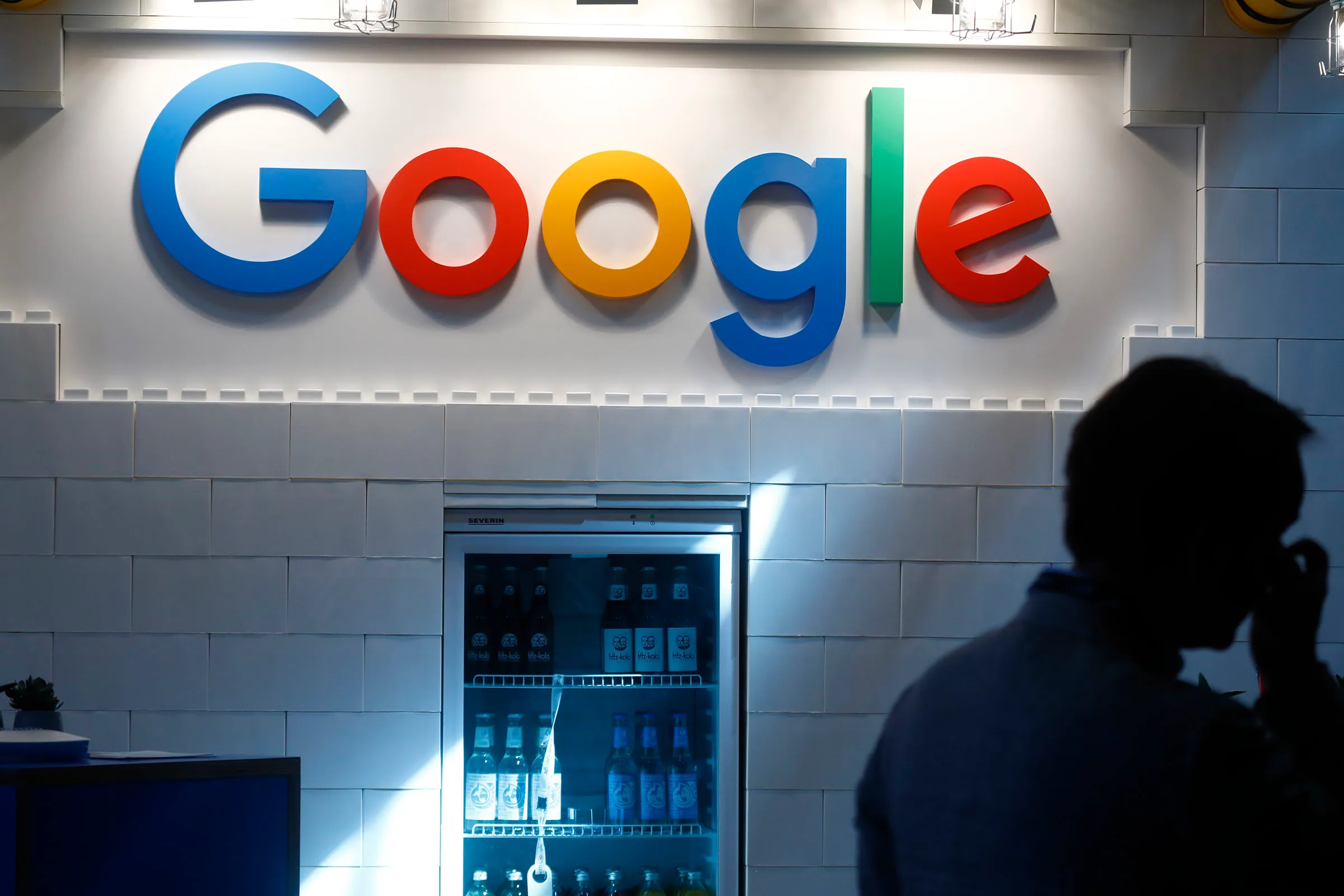
Google has suffered another significant legal blow in Europe, as the European Court of Justice (ECJ) upheld a €2.42 billion ($2.65 billion) fine over antitrust violations involving its shopping comparison service.
The ruling on September 12 marks the latest development in a case that began in 2017, when the European Commission found that Google had abused its dominant market position by unfairly favoring its own shopping comparison service over those of its competitors.
Commission Found Unfair Competition
The antitrust investigation, led by the European Commission, concluded that Google’s practices violated competition rules. By promoting its own service in general search results, Google effectively disadvantaged rival comparison shopping services. As a result, the Commission imposed the record-breaking fine of €2.42 billion and ordered the company to make adjustments to how its shopping service operates.
In response, Google first appealed to the General Court of the European Union in 2021, which largely upheld the European Commission’s findings. While the General Court did overturn part of the ruling related to the broader impact on the general search market, it confirmed that Google’s self-preferencing practices had negatively impacted competition in the shopping comparison sector.
Following this setback, Google escalated the case to the ECJ, the EU’s highest court, hoping to overturn the decision. However, the ECJ has now confirmed the previous rulings, maintaining that Google’s conduct was anti-competitive.
Final Decision Confirms Violation
The court ruled that Google’s actions were discriminatory and not based on competition on the merits, reinforcing that dominant companies are required to compete fairly without exploiting their market power. The ruling establishes a key legal precedent regarding the concept of “self-preferencing,” which refers to when a company prioritizes its own services over those of rivals.
The European Commission’s competition chief, Margrethe Vestager, commented on the significance of the ruling, noting that it represents a landmark moment in regulatory actions against Big Tech. She emphasized that the case was one of the first major antitrust challenges against a digital company, signaling a shift in how regulators perceive and handle market dominance in the tech industry. Vestager also highlighted that while innovation is encouraged, companies cannot leverage their dominant market position to unfairly outcompete rivals, a principle now upheld by the highest court in the European Union.
Google expressed disappointment in the ruling, with a spokesperson stating, “This judgment relates to a very specific set of facts. We made changes back in 2017 to comply with the European Commission’s decision. Our approach has worked successfully for more than seven years, generating billions of clicks for more than 800 comparison shopping services.”
Since 2017, Google has been required to bid for advertising space within shopping search results alongside its competitors, as part of the measures to comply with the Commission’s decision.
More Legal Challenges Await
This ruling is a key victory for European regulators, but it also adds to a growing list of legal battles Google faces both in Europe and the U.S.
In addition to this case, Google has filed multiple appeals against other antitrust decisions from the European Commission. Most notably, in September 2022, Google lost another major appeal when the General Court largely upheld a €4.34 billion fine related to the company’s practices regarding its Android mobile platform.
Beyond these cases, regulators worldwide are increasing scrutiny of Google’s business practices. In March, the European Union launched a separate investigation under the Digital Markets Act, targeting the broader practices of Alphabet, Google’s parent company. Meanwhile, in the U.S., Google is currently involved in an antitrust case brought by the Department of Justice concerning its advertising business, adding further legal pressure on the tech giant.
Featured Image courtesy of Michele Tantussi/Getty Images
Follow us to stay informed about the ongoing antitrust challenges facing Google.
